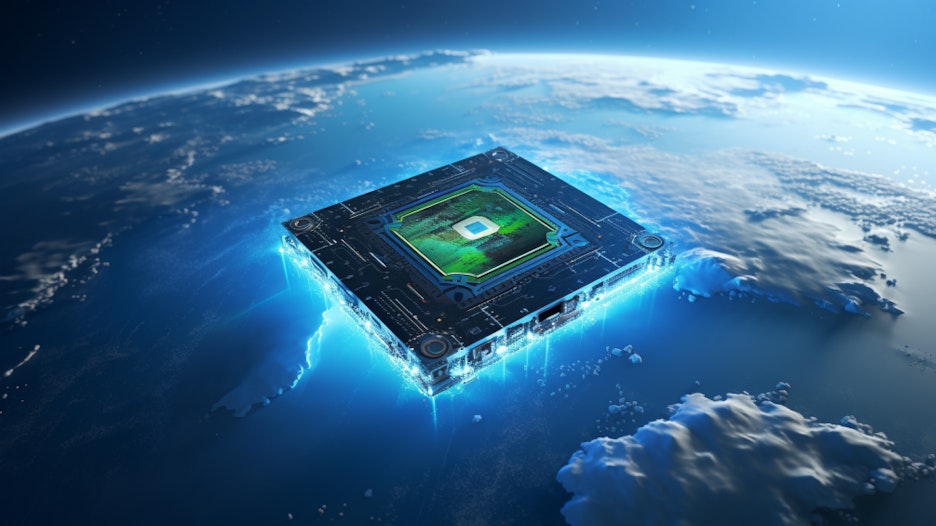News - How ChatGPT influences international competition for microchips
By
How ChatGPT influences international competition for microchips
A battle has erupted over raw materials for microchips. Demand is increasing due to the AI explosion - with hefty implications for miners.
On July 3, the Chinese government announced that they will subject exports of gallium and germanium to stricter controls. From now on, exports will require a permit. Gallium and germanium are important metals in the production of semiconductors, transistors, lasers and other electronic components. Microchip manufacturers in particular depend on them. Meanwhile, the AI hype is increasing demand for high-performance chips and intensifying the international competition for semiconductor production, development and trade.
US and China: competition in the technology sector
According to the statement from the China Chamber of Commerce, the new rule will take effect August 1. Exporting without a license will then become punishable. The Ministry of Commerce justifies the action with the protection of national security. U.S. policymakers made a similar argument last fall when they decided to impose new sanctions on China in the chip industry. They denied China access to certain semiconductor products. Among them Nvidia's powerful A100 chips and the latest version, the H100.
Artificial intelligence brings things up to speed
According to media reports, the US Department of Commerce is now also considering tightening export regulations. Especially for special chips used in the application of artificial intelligence. The US leads the way in the development of these chips. However, China owns much of the rare earths needed to produce them. According to the Tagesschau, China produces 95 percent of the world's gallium and 67 percent of germanium.
Artificial intelligence: a threat to Bitcoin?
As developed countries vie for dominance in the technology industry, the question for the crypto sector is whether the increasing demand for chips poses a threat to the mining sector. Miners also need powerful chips for their hardware. Other industries, such as automotive or solar, also need these components. Chip manufacturers are optimizing their products for the most promising sectors.
Not all chips are the same and not all chips contain the same raw materials. Mining chips are not as suitable for AI support and visa versa. Nvidia, for example, announced just this year that it would withdraw from the crypto sector and focus more on developing AI chips. Bitcoin has nevertheless lost none of its computing power.
Jack Dorsey goes mining
Just a few days after the Intel news, Twitter founder and Bitcoin advocate Jack Dorsey announced plans to mine. He wants to start building mining devices with his company The Block. The fintech said it had bought "large quantities" of chips from Intel. The Block also builds its own chips. Until development is complete, however, the company is using Intel's products. By making its own devices, the fintech hopes to combat the centralization of bitcoin mining ASICs supply. Currently, the market is dominated by two major providers, Bitmain and MicroBT.






